Pregnancy can be an emotional, overwhelming time filled with so many decisions. Parents are often adrift in a sea of dos and don’ts with information that seems to perpetually conflict. Expecting Better by Emily Oster presents the data behind your options with the goal of helping soon-to-be moms feel empowered, informed and in control.
The Cliff Notes
Expecting Better, first published in 2013 and revised in 2025, delves into common pregnancy guidelines, scrutinizing them through the lens of data and research. Oster addresses topics like caffeine consumption, alcohol, weight gain, and prenatal testing, challenging conventional wisdom with insights based on reviews of evidence-based research. It’s deliberately meant to not be a rulebook but instead to encourage expecting moms to ask more questions.
What gives Emily Oster credibility? She is an award-winning economist and professor at Brown University. Her expertise in data analysis and health economics lends authority to her examination of pregnancy norms. But, and it’s a big but, she’s not a medical doctor or an OB specifically. While she’s clear on that point, reviews of the book can sometimes be mixed due to reader’s questioning Oster’s takeaways from the research she presents. When it comes to your own specific circumstances, reading this book shouldn’t replace consulting with a medical professional.
Expecting Better has been praised for its thorough research and accessible writing. Many parents appreciate its balanced approach, with one reviewer on Amazon noting, “This book was hands down the most useful pregnancy book I read, not because it tells you what to do, but because it calmly presents the data on every major decision you'll need to make during pregnancy.” It’s this sentiment that has made the book so popular. Expecting Better is positioned specifically as a tool to help you make your own decisions vs. telling you what to do. In a world in which every app, website, and well-meaning friend is telling you conflicting advice, that kind of autonomy feels especially refreshing.
Still, other parents feel like the tone can veer into condescension and that the conclusions might be biased by Oster’s personal experiences or interests. If you’re willing to take this work with a grain of salt, then it can be really helpful in preparing you to examine the many choices and decisions you’ll be faced with on your pregnancy journey.
What you'll find in Expecting Better
Oster dives into a range of pregnancy-related topics, several highlighted below. Note though, like everything in pregnancy and parenting, for every point that might be covered in the book there is a counterpoint.
What’s covered
- Caffeine and Alcohol: Perhaps the most controversial sections, Oster looks at the numbers behind studies on whether or not and in what quantities it’s safe to consume caffeine and alcohol during pregnancy, helping you decide how much risk you’re comfortable with.
- Weight Gain: She dives into the recommendations regarding how much weight you should gain in pregnancy, how those recommendations were made, and what levels of weight gain actually correlate with better outcomes.
- Prenatal Testing: Oster explains prenatal testing options with the data on risk vs. benefit to help you make better-informed choices.
- Labor and Delivery Choices: Learn about labor and delivery practices and procedures, like inductions and epidurals, with their associated pros and cons.
- Due Dates and C-sections: Oster even tackles the question of when a baby “should” be born and what happens if things don’t go to plan.
Each chapter presents existing guidelines, examines the supporting evidence or lack there-of, and encourages readers to make choices aligned with their values and circumstances. The writing is peppered with Oster’s own anecdotes and experiences. For some, this fact makes the work relatable and human; for others it makes it feel biased.
The book is not about making the decisions for you or being your doctor. It’s up to you to make those decisions and to consult with medical professionals as appropriate. Instead, like the subtitle says, the book is meant to help you question the conventional wisdom, old assumptions or even your own risk tolerances. As is made clear throughout, when it comes to pregnancy, kids or life really, risk is rarely zero. It’s up to each person to weigh the data, their options and their own comfort with risk.
Who is Emily Oster?
Emily Oster is a Harvard-educated economist with a Ph.D. who currently teaches Economics at Brown University. She’s known for translating complex data into everyday language. Her motivation to write Expecting Better came when she was pregnant herself and felt like the standard advice seemed to lack nuance or explanation.
She took the analytical tools she used in academic research and turned them toward the data behind pregnancy guidelines.
Since Expecting Better, Oster has written additional parenting books:
- Cribsheet (published 2019): A data-driven guide that helps parents navigate decisions in the first years of a child’s life—from sleep training to breastfeeding
- The Family Firm (published 2021): Applies business-school thinking to parenting school-aged children, encouraging families to make deliberate, structured decisions about routines, schooling and even phones.
- The Unexpected (published 2024): Oster teams up with Dr. Nathan Fox, a professor of obstetrics, gynecology and maternal fetal medicine to tackle the subject of pregnancy complications.
She also launched the ParentData site which offers subscription access to over 1,300 articles on parenting topics from fertility to hormones to childcare.
While Oster is not an OB-GYN, her background aids in interpreting studies, evaluating evidence, and communicating it clearly.
Who should read Expecting Better
Some readers are mixed on the tone of this book. Also, you might not be comfortable or agree with everything you read here. A particularly controversial section of Expecting Better suggests that limited alcohol consumption during pregnancy might not be as risky as convention would suggest. If that perspective is a dealbreaker for you, you’ll likely want to avoid this book. Many readers suggest taking this book with a grain of salt though and consulting with medical professionals when you have questions. Still, for a lot of moms-to-be, Oster brings up good points to consider on the pregnancy journey. If you match any of the below descriptions, it might be a good add to your reading list:
Expecting Better might be for you if you’re a:
- First-time mom overwhelmed by conflicting advice
- Woman who wants to understand the "why" behind recommendations
- Partner or support person of an expecting mom who wants to be informed
- Data lover or spreadsheet aficionado who enjoys sharing statistics
- Mom who has experienced anxiety around making the "right" decisions
- Soon-to-be mom looking to feel less guilty about pregnancy decisions
What parents and OBs say about Expecting Better
What people liked about Expecting Better
- “It gives the facts that you need to know in an easily digestible and enjoyable form. It helped me to have less anxiety when I was pregnant.” ~ Amazon Reviewer
- "Loved it! If you are the type of person that likes data and statistics, and wants to know WHY all these conflicting "rules" about pregnancy exist, this book is for you.” ~Goodreads reviewer
- " Many pregnancy books I have read just give a bunch of rules, with zero explanation or discussion of risk. After I read the book, I have developed a stronger tendency to push further.” ~ Reddit Poster
What people didn’t like about Expecting Better:
- “As an economist, Dr. Oster has an understanding of statistics that can help her make good decisions for her pregnancy, but she does not have the medical knowledge to fully understand what outcomes are important.” ~ an obstetrician reviewing on GoodReads
- “ I took issue with the way she presented her conclusions (and overall I found her voice to be extremely condescending). I felt like again and again she'd pretend to not be reaching a conclusion....just before reaching a conclusion!” ~ Reddit Post
- “I feel like for the most part, the author wrote this book to back up her own personal ideas.” ~Amazon Reviewer
Most moms say it made them feel empowered, confident, and more relaxed. And let’s be real: we could all use a little less stress during pregnancy.
Final Thoughts
Expecting Better won’t be for everyone. Oster is not a doctor and doesn’t claim to be. This book is not a replacement for consulting with medical professionals. That said, Expecting Better, originally published twelve years ago remains on many Best Of pregnancy book lists. Even if you don’t agree with every point Oster makes many made with plentiful disclaimers, overall it can be a helpful read. What expecting moms can take away from the books is to take some pressure off themselves, consider risk and ask questions.



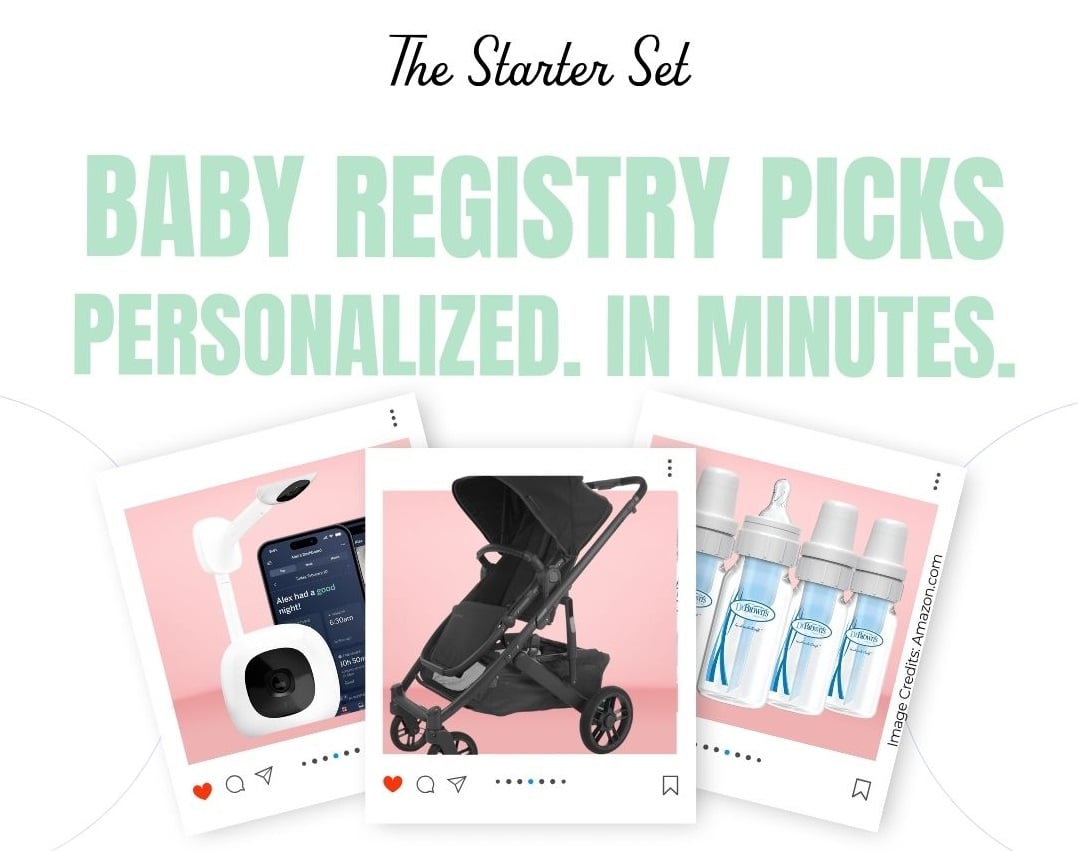

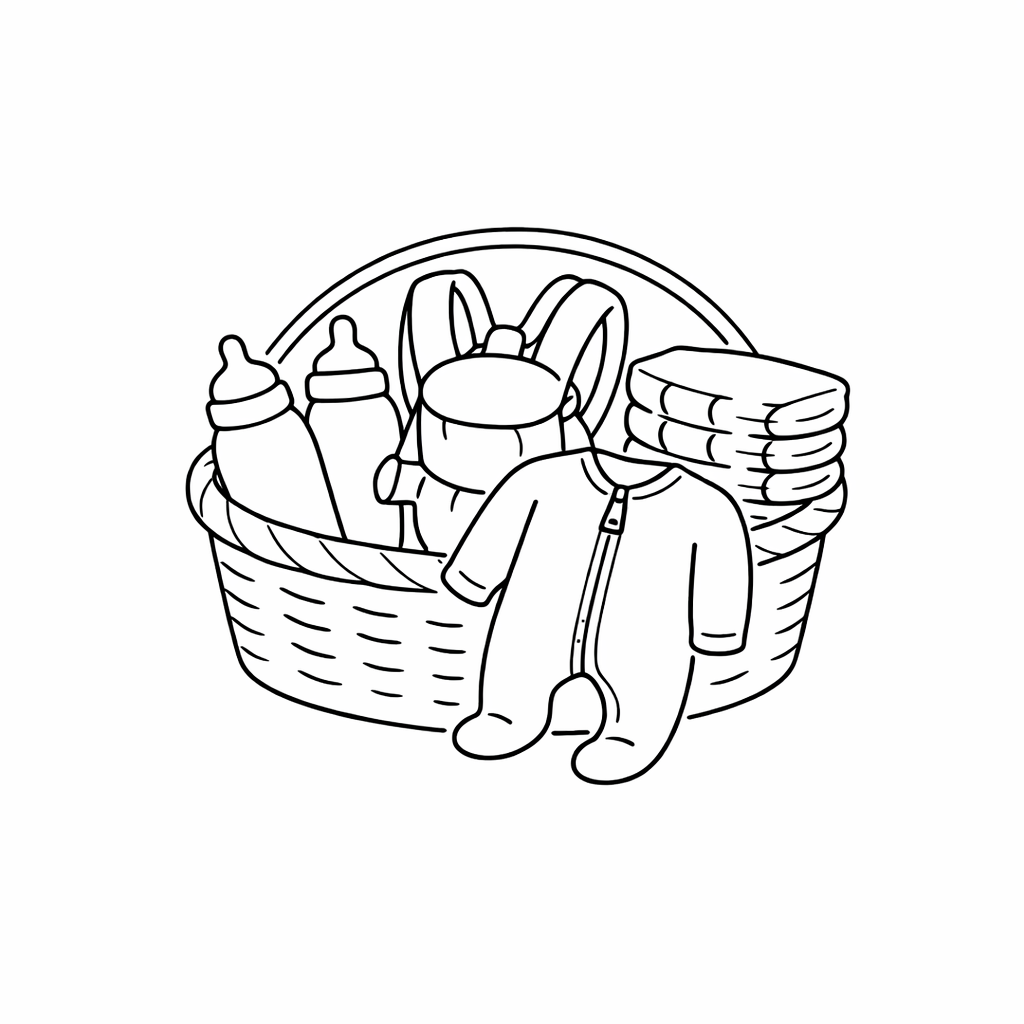


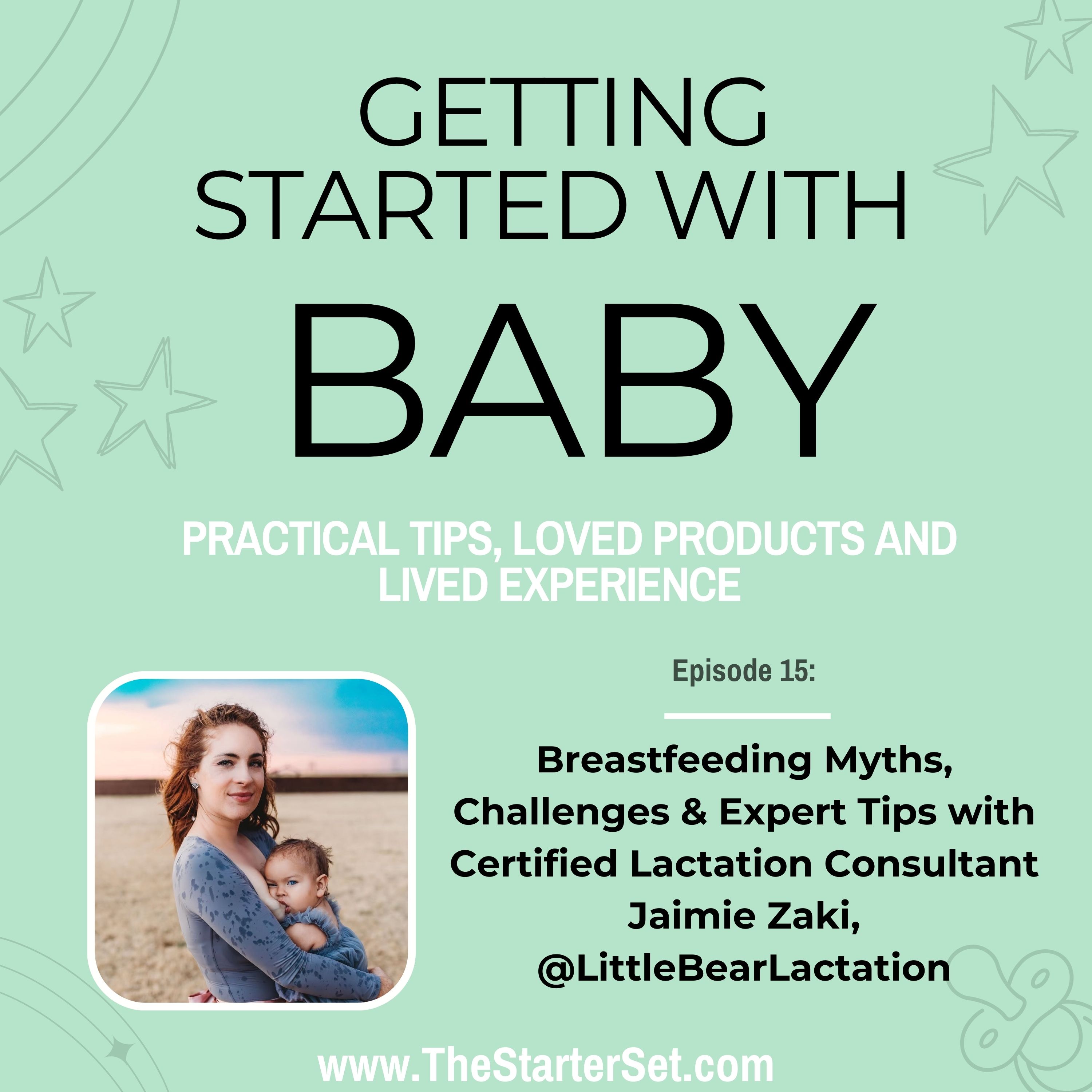
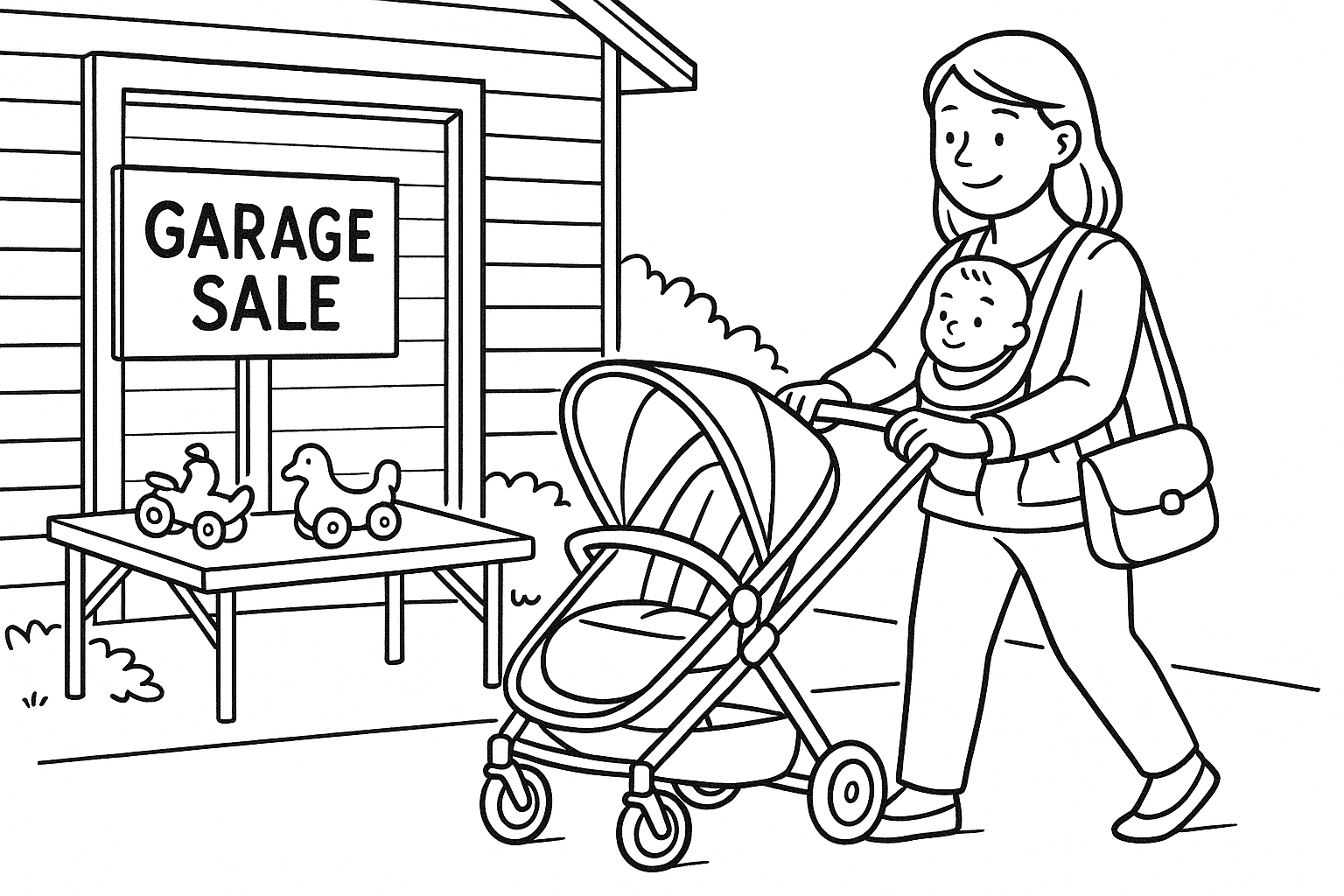
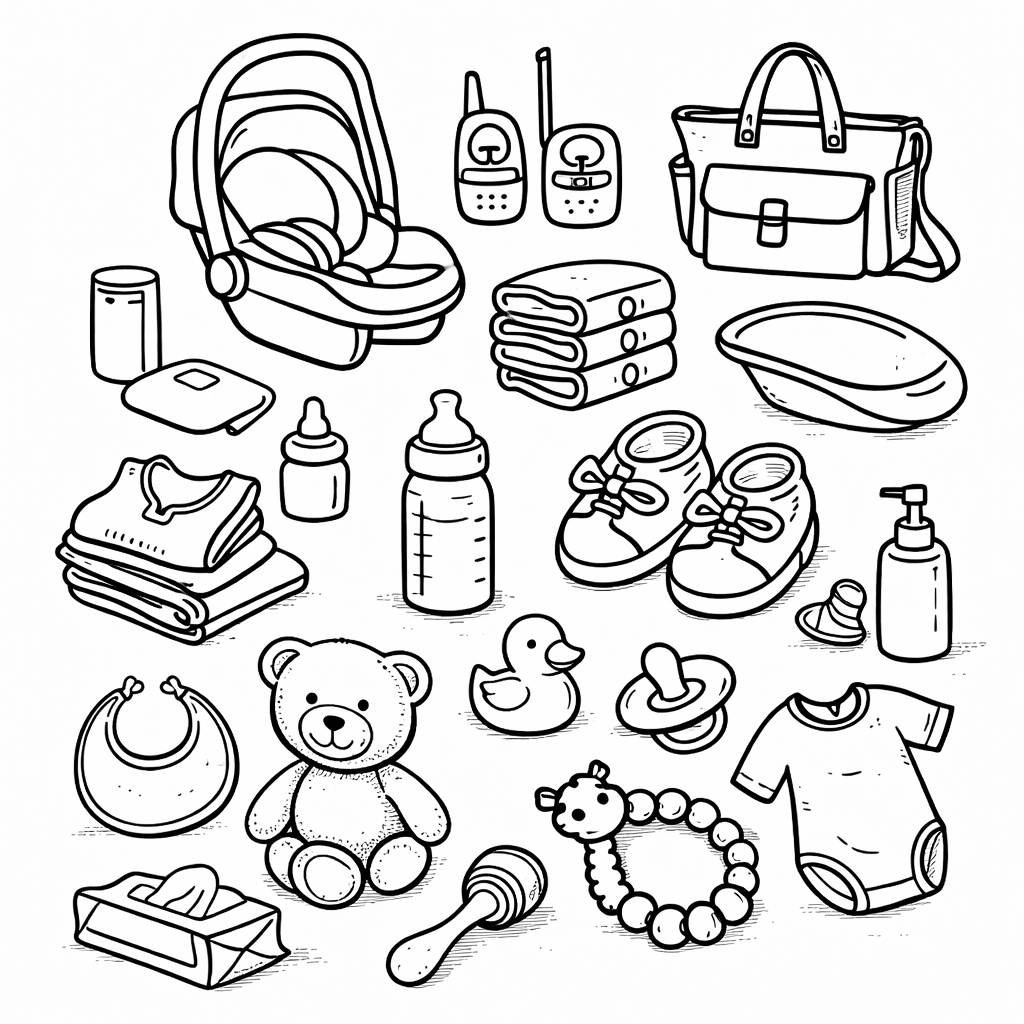
.png)